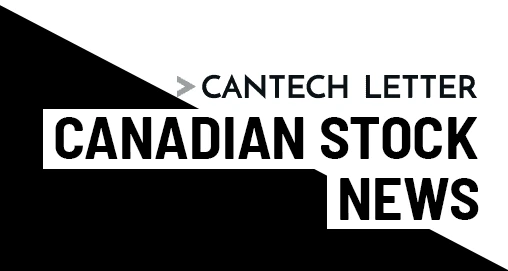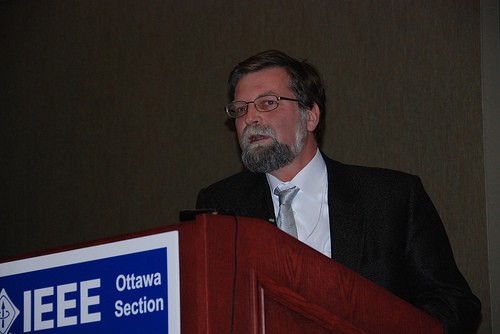Investors betting Biosign’s chances of success far from remote


When hospital staff at B.C.’s Royal Columbian Hospital were forced to treat overflow emergency room patients in a crammed Tim Horton’s donut shop one night in late February, the province’s Health Minister Colin Hansen said it was a sign that the system was working.
“It does happen from time to time that emergency rooms are under tremendous stress because of the number of patients presenting themselves on that day,” Hansen told the CBC, adding that this was an improvement over past conditions when “ambulances lined up outside waiting to unload passengers”
New Democrat health critic Sue Hammell, however, called the situation outrageous. “What are we coming to when we are serving up our health care in a fast food restaurant?” she asked the Globe and Mail.
That night at Royal Columbian Hospital grabbed national headlines in Canada, but it is far from an isolated event. In other parts of Canada overcrowding is a trend that some say is getting worse. In the United States the problem might have an even higher profile. LA County’s USC Hospital, was overcrowded 98% of the time last August. In Queens, New York the Jamaica Hospital Medical Center was, last May, also was also forced to place beds in a coffee shop.
Thornhill, Ontario’s Biosign Technologies (TSXV:BIO) designs and sells automated systems that take pulse, blood pressure, blood glucose and oxygen levels online. The Company was formed in 2006 and traded on the CSNX until September of last year, when it got approval to trade on the Toronto Venture exchange.
In October, Biosign issued 3.5 million shares to acquire the assets of Ottawa based Healthanywhere Inc., a privately privately held eHealth company whose solutions, including a mobile telehealth platform for smartphones and touch screen desktop software, have received FDA 510k clearance as Class II medical devices. Since that time Biosign has begun to makes sales of Healthanywhere products, most recently to the Peconic Bay Medical Center, a 182 bed not-for-profit facility in Long Island N.Y. Peconic Bay will use Biosign’s technology for remote monitoring of acute post discharge patients who have diabetes, cardiovascular disease and respiratory disease.
This type of hybrid solution to healthcare is seeing rapid growth as some believe it can help ease the strain on medical facilities worldwide, which may be crowded by unnecessary visits. Boston based life science consulting firm Scientia Advisors says the remote health management market (RHM), which include telehealth services and the type of remote patient monitoring that Biosign specializes in, is the smallest, but fastest growing segment of the home health management (HHM) market.
Scientia projects that RHM will double from the $1.8 billion it represented in 2007 to $3.6 billion next year. Harry Glorikian, a Managing Partner with Scientia says this “growth is driven in part by strains in the health care system, high health care costs, insufficient personnel and an aging population with chronic conditions that, in many cases, can be cost effectively monitored or treated at home.”
Shares of Biosign, which were as low as $1.07 earlier this year, closed at $1.60 today.
Nick Waddell
Founder of Cantech Letter
Cantech Letter founder and editor Nick Waddell has lived in five Canadian provinces and is proud of his country's often overlooked contributions to the world of science and technology. Waddell takes a regular shift on the Canadian media circuit, making appearances on CTV, CBC and BNN, and contributing to publications such as Canadian Business and Business Insider.
